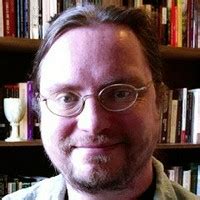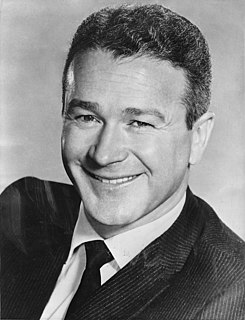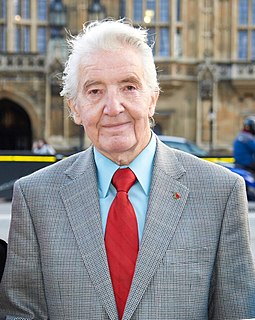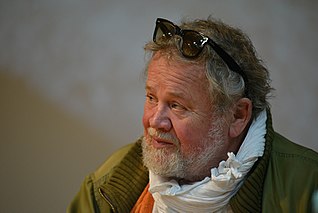A Quote by Michael Parenti
Julius Caesar was an aristocrat who sided with the Roman people. He's not my hero, but he was one of a long line of what we'll call 'populares,' which were popular leaders who tried to institute these reforms that the people were fighting for.
Related Quotes
Mere opinions, in fact, were as likely to govern people's actions as hard evidence, and were subject to sudden reversals as hard evidence could never be. So the Galapagos Islands could be hell in one moment and heaven in the next, and Julius Caesar could be a statesman in one moment and a butcher in the next, and Ecuadorian paper money could be traded for food, shelter, and clothing in one moment and line the bottom of a birdcage in the next, and the universe could be created by God Almighty in one moment and by a big explosion in the next--and on and on.
Homer, Hesiod, Pythagoras, Plato, and Cicero, just to name a few, all lived in pagan societies. Some of the greatest political and military leaders of all time, such as Alexander the Great, Pericles of Athens, Hannibal of Carthage, and Julius Caesar of Rome, were all pagans, or else living in a pagan society.
Go back to the Bible, the Old Testament. I mean there were people who we would call intelectuals, there, they were called prophets, but they were basically intelectuals: they were people who were doing critical, geopolitical analysis, talking about the decisions of the king were going to lead to destruction; condemning inmorality, calling for justice for widows and orphans. What we would call dissident intelectuals. Were they nicely treated? No, they were driven into the desert, they were imprisoned, they were denounced. They were intelectuals who conformed.
Prophet just means intellectual. They were people giving geopolitical analysis, moral lessons, that sort of thing. We call them intellectuals today. There were the people we honor as prophets, there were the people we condemn as false prophets. But if you look at the biblical record, at the time, it was the other way around. The flatterers of the Court of King Ahab were the ones who were honored. The ones we call prophets were driven into the desert and imprisoned.
I was repelled by the sleazy reality of the totalitarian countries: politicians were shameless. There were corruption, pollution, shoddy goods, long lines, and suicide everywhere, but the leaders kept boasting about their great achievements and bright tomorrows. I saw all this and tried to show it in my pictures as simply and straightforwardly as I could. All I wanted to do was record how all these poor people adapted to lies and suffering, how they got used to it, how, in fact they were bound to miss it when it was over.

































